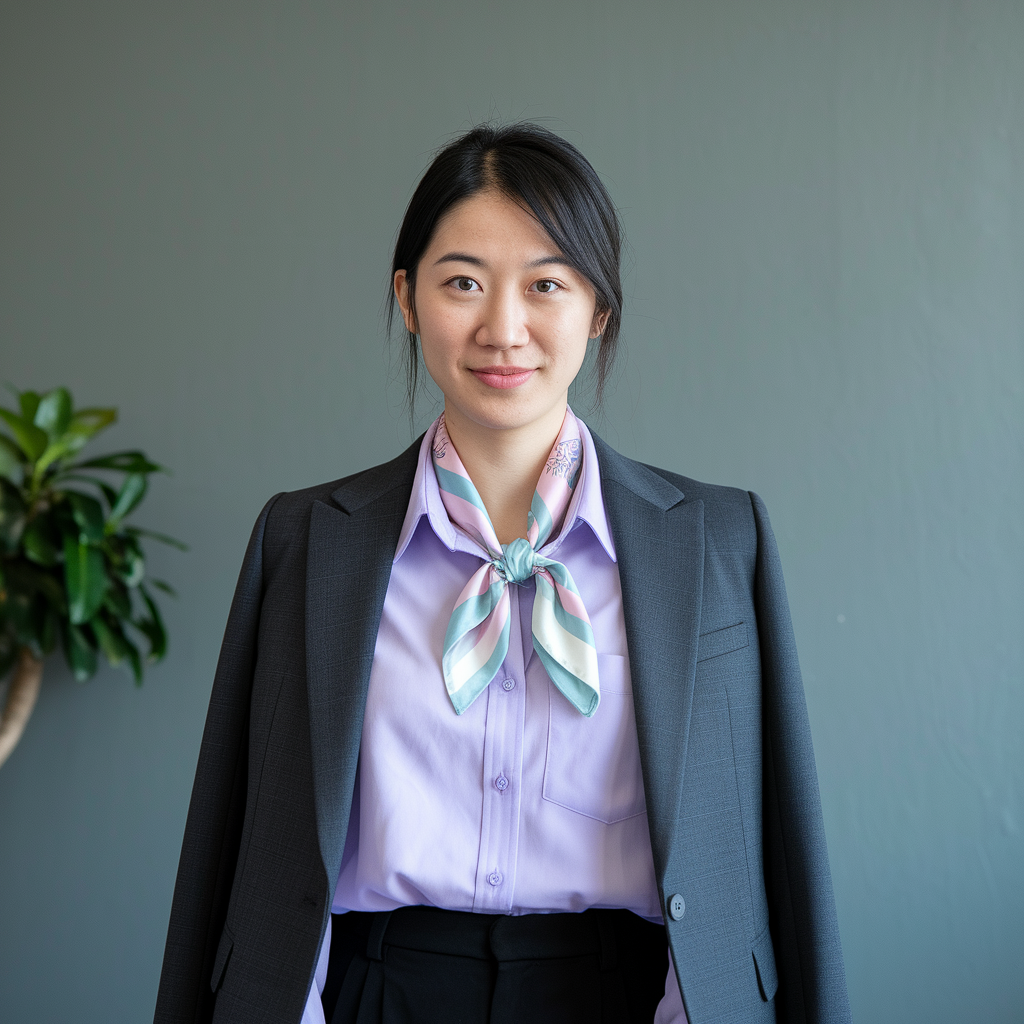In many ways, the Chicago Police Department is bravely forging into uncharted territory. They’re phasing out their in-vehicle laptops with the truly state-of-the-art Galaxy S25 Ultra. This decision represents a paradigm turn in law enforcement technology, delivering promised operational efficiencies, enhanced communication and interoperability, and even future cost savings. This brings up some fundamental, critical questions about security, data privacy, and the difficulty of keeping up with emerging technology. Here’s a closer look at the possible upsides and downsides of what would be one major tech upgrade.
The Allure of the Galaxy S25 Ultra
Here’s how the Galaxy S25 Ultra’s multitude of cutting-edge features make it a clear choice to meet law enforcement agencies’ needs. Its enhanced camera capabilities are particularly noteworthy. It features a blazing fast 50MP Ultra Wide camera, amazing 200MP main camera, and brilliant 12MP selfie camera. Combined with 100x Space Zoom and precision detail macro shots, it instantly becomes an invaluable tool for capturing detailed and scintillating evidence and documenting crime scenes with remarkable clarity.
So, beyond its unparalleled camera, the Galaxy S25 Ultra stands out with durability and reliability. The ergonomic exterior features rounded edges and a more tactile, comfortable grip. This design helps make it more user-friendly for officers while they’re out in the field. The device is water resistant. The phone’s tough enough to survive 1.5 meters of freshwater immersion for up to 30 minutes. With unlimited battery repair, officers are guaranteed a reliable device to carry during their shifts. This service is only used when diagnostics verify a battery capacity of 79% or less, maximizing customer downtime productively.
Beyond the camera, it’s the phone’s all around performance that’s main appeal. Unlike the vanilla S25 line, Samsung’s Galaxy S25 Ultra is equipped with a custom version of the Snapdragon 8 Elite chip. Packed with 12GB of RAM, it powers through the most heavy-duty projects. The reimagined One UI 7 makes every effort more efficient so that officers can get to the information they need most, faster. Customizable widgets on the home screen enable officers to prioritize the information and features they need most, such as emergency services, crime databases, or communication tools. The new Now Bar conveniently occupies the bottom of your lock screen. It provides a personal dashboard view of your day — from your calendar to your email to your photos — all in one easy-to-access location.
Potential Benefits for Law Enforcement
1) Smart city policing With the adoption of the Galaxy S25 Ultra, police departments have an opportunity to reimagine police operations in three ways.
- Improved Access to Real-Time Data: Officers can access Computer-Aided Dispatch (CAD), Records Management Systems (RMS), and suspect data through secure mobile apps, enhancing their situational awareness and decision-making capabilities.
- Enhanced Mobility: Smartphones are more portable and easier to use in the field than laptops, allowing officers to access critical information and communicate with colleagues more efficiently.
- Increased Efficiency: Mobile technology can help streamline police operations by automating complex workforce management tasks, including time-off approvals, overtime scheduling, and compliance tracking.
- Better Communication: Smartphones facilitate seamless communication between officers, dispatchers, and other stakeholders, reducing communication blind spots and improving response times.
- Improved Data Integration: With a data integration platform, officers can access multiple databases through a single search bar, reducing the time spent searching for information and increasing the speed of investigations.
Addressing Security and Privacy Concerns
To be sure, smartphones provide significant advantages to law enforcement. We need to address the security and privacy risks they pose. The Galaxy S25 Ultra uses a variety of technologies to safeguard sensitive data.
The Knox Vault, an isolated physical chip, securely locks personalized AI data behind a new, future-proof security layer known as post-quantum cryptography. This encryption, which is developed by the University’s faculty and students, provides protection even from the most sophisticated quantum-based cyber attacks. These immersive, collaborative design tools were made possible in large part through the device’s on-device processing, enabling data to be processed via artificial intelligence with or without the cloud. This helps to keep sensitive information from being exposed over the cloud. It further stops the illegal use of that data to train Galaxy AI’s models.
Data isolation allows officers to use one device for both work and personal use without compromising privacy, thanks to separate profiles. Samsung Knox has successfully completed the most rigorous security requirements demanded by governments and large enterprises across the world. It brings an enterprise-grade mobile security experience right to business users.
Navigating the Challenges
Even with these benefits, the shift to smartphones has presented new issues. One major obstacle is the learning curve for officers who might be more used to operating laptops. Training programs and ongoing support will be crucial to ensure that officers can effectively utilize the device's features and functionality.
The department needs to adopt robust policies and protocols surrounding data use, security, and privacy. These guidelines should address key points such as data access, storage, and sharing. They’ll implement new protocols for dealing with sensitive information.
The Chicago Police Department's decision to equip its officers with the Galaxy S25 Ultra represents a forward-thinking approach to law enforcement technology. By embracing this innovative tool, the department has the potential to enhance efficiency, improve communication, and ultimately better serve and protect the community. As with any technological leap, careful planning and comprehensive training are key to a smooth transition. Deep commitment to security and privacy will be equally important along this journey.




